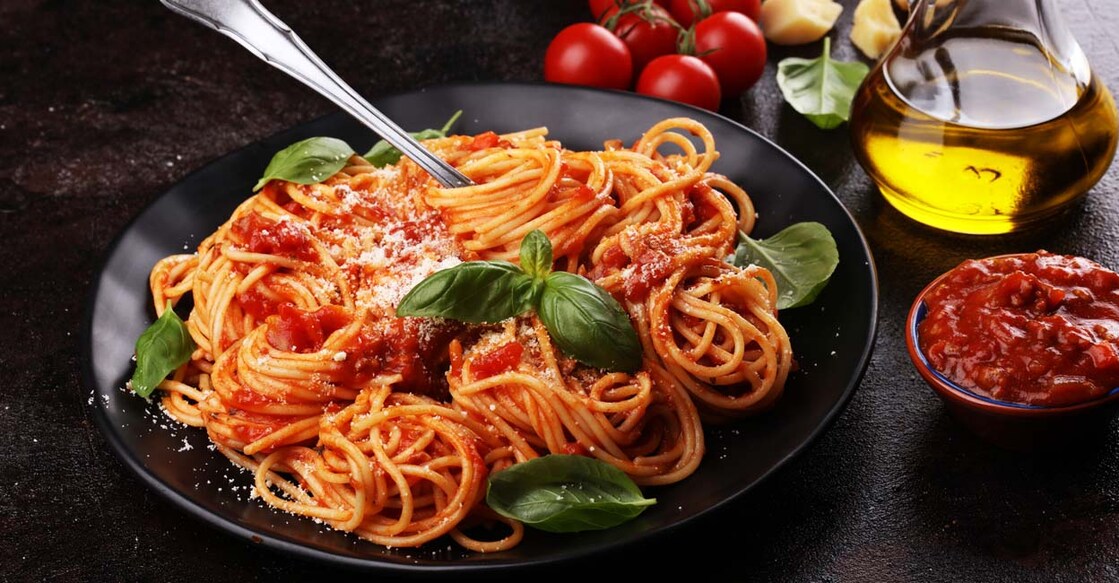When logic fails, win'em over with food

Mail This Article
In the 2007 romcom No Reservations, there's a quiet scene where a child, reeling from grief, refuses to eat. Her aunt, played by Catherine Zeta-Jones, is a high-strung chef, helpless in the kitchen for once. But then comes a moment of grace: another chef (Aaron Eckhart) crushes a basil leaf, holds it under the girl's nose, and sets a bowl of plain pasta in front of her. No speeches. No pressure. Just scent, warmth, and patience. After a pause, she picks up her fork.
This moment may have been written for the screen, but it gets something deeply right. Food can bring people back. Not through grand gestures or dramatic flavours - but through memory, scent, and care.
We’ve all been there, haven’t we? A kid who refuses to eat. A parent too sick to cook. A loved one who’s lost their appetite, will or connection to the everyday rituals that make us feel alive. And in those moments, food isn't about flavour. It's about care, memory, and meeting someone where they are.
A leaf of basil can do more than a thousand pep talks.
Why smell works when nothing else does?
The sense of smell is different from the rest. It’s directly connected to the brain’s limbic system, the part that handles memory and emotion. That’s why the smell of cardamom might remind you of your childhood kitchen, or why the scent of garlic in ghee can take you back to childhood dinners.
A 2016 study published in Frontiers in Psychology found that scent-triggers memories tend to be more emotional, vivid, and positive than those triggered by sight or sound (PMC5039451). It’s not a romantic idea; it’s physiology. Basil doesn’t just smell nice; it reaches somewhere language can’t.
In therapeutic care, smell is even being studied for its ability to ease depression and anxiety. A 2024 study cited by the New York Post showed that familiar smells help patients with depression access positive memories and emotional clarity (source). That’s the emotional subtext of that basil scene. It wasn’t about food at all. It was about permission to feel safe.
Comfort food is emotional architecture
Spaghetti may not be a miracle dish. But when paired with warmth and presence, it can become one. Research from the University of Buffalo found that comfort food can act as a social surrogate. It mimics the emotional closeness of human connection and can reduce feelings of loneliness (PMC3907771).
In that sense, offering food to someone in pain isn’t just being “nurturing.” It’s communication. A bowl of warm soup, a slice of toast with butter, or spaghetti with nothing but olive oil and basil - these are edible affirmations that say: I’m here. You matter. You’re not alone.
The invisible work of feeding someone in crisis
Caregivers often struggle with the loved ones who won't eat; and no amount of logic works. That’s because appetite and emotion are entangled. Stress, grief, or trauma can suppress hunger completely. Trying to reason such people rarely helps.
Instead, what often works is gentleness. Familiar smells. Quiet gestures. No expectations. This is where the work of feeding becomes less about nutrition and more about connection.
The chef in No Reservations didn’t just feed a child. He read the room. He used scent to open a door. Then he stepped back and let the moment unfold.
This is what good food can do—not impress, but invite. Not overwhelm, but comfort. Especially when someone is in a place where language or logic don’t reach.


